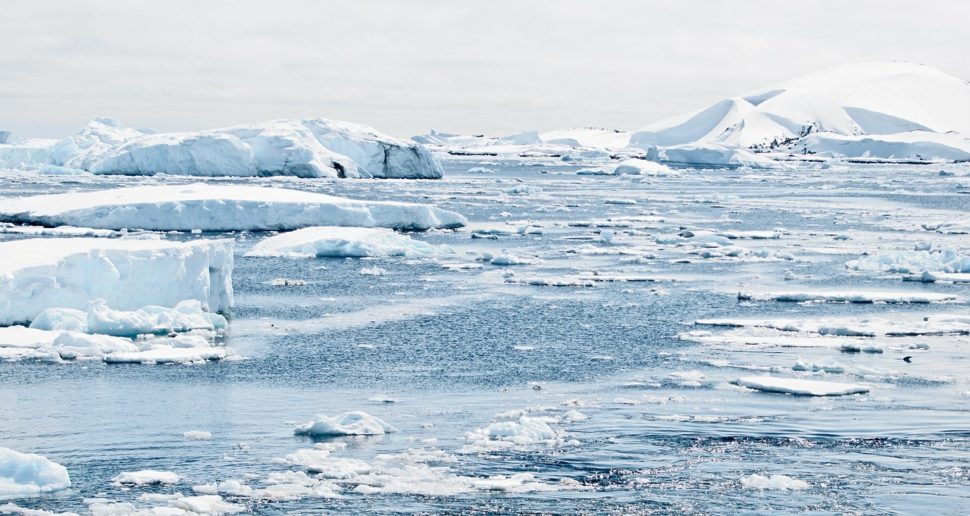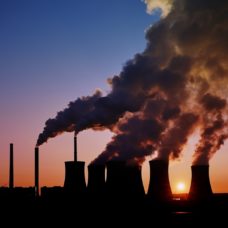Living in harmony with nature is, well, a lot easier said than done.
While we seem to be pretty aware of the systematic damage we cause to the planet’s ecosystems, the concrete effort we put in to fix it falls way short of what is required or of what’s in our best ability.
Unless we radically rethink our unsustainable production and consumption models, Earth, and everything within including us, is condemned to a grim future.
We are but one species among millions. And perhaps because we take life itself as granted, we pay little attention and respect to other lifeforms.
As the Anthropocene era humans, we’ve come quite a long way, but will a plastified, biologically crippled, and suffocated planet be our legacy?
A Million Species to Go Extinct Because of us
It’s a long shot just for us to reach the status of A Type I civilization, and if you’re wondering, the human civilization barely chalks up 0.72 on the Kardashev Scale.
If we have such big cosmological dreams, and why shouldn’t we, maybe we have to start fixing Earth.
Global climate disruption and mass extinctions certainly don’t help our case.
A UN-backed Intergovernmental body called the Intergovernmental Science-Policy Platform on Biodiversity and Ecosystem Services (IPBES) paints a bleak picture of Earth future.
According to the IPBES report, humanity must drastically change the way it exploits nature, which is experiencing a decline at “rates unprecedented in human history”.
This nature decline, driven by climate change, will be threatening one million animal and plant species with extinction and the pace is accelerating.
Read More: First Mammal Goes Extinct due to Climate Change
Mostly since 1900, the average abundance of native species in major land habitats dropped by at least 20%. More than the third of all marine mammals, 40% of amphibian species, and 33% of reef-forming corals are threatened. For insect species, authors tentatively estimate that 10% are threatened.
And we are to blame of this unprecedented challenge to earth’s ecosystems and natural habitats.
“Ecosystems, species, wild populations, local varieties and breeds of domesticated plants and animals are shrinking, deteriorating or vanishing. The essential, interconnected web of life on Earth is getting smaller and increasingly frayed. This loss is a direct result of human activity and constitutes a direct threat to human well-being in all regions of the world.”
Not everything is forever lost and we can still save nature, but only if we launch transformative economic, social and political changes. Transformative means “fundamental, system-wide reorganization across technological, economic and social factors, including paradigms, goals and values.”
Over the past three years, hundreds of experts from 50 countries systematically reviewed about 15,000 scientific and government papers to compile the report.


















Comments (0)
Most Recent